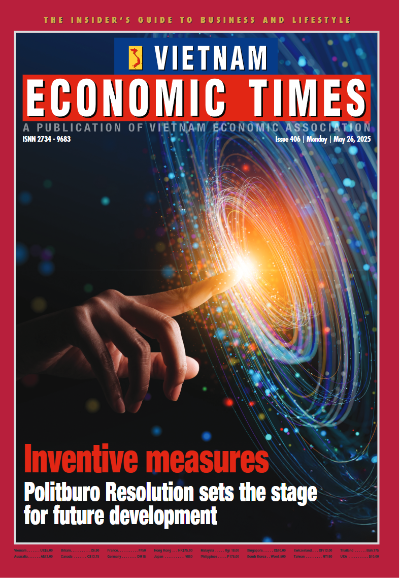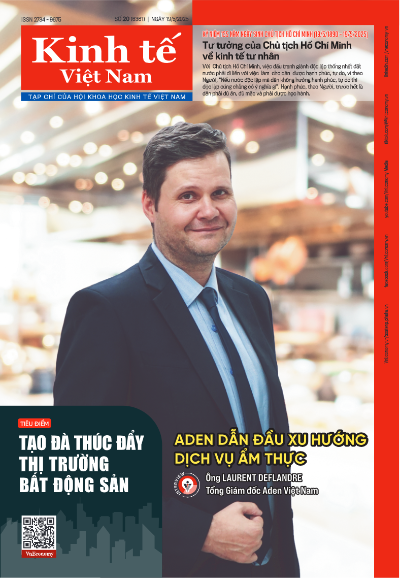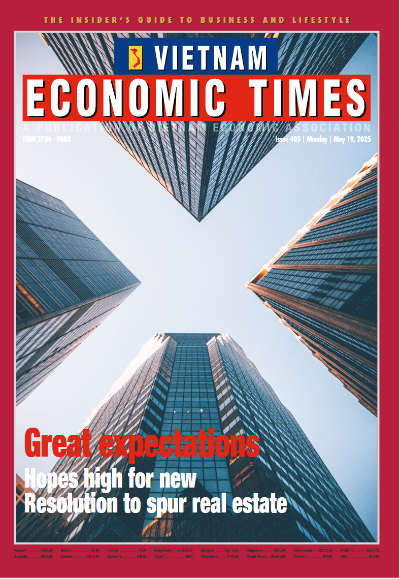Vietnam, one of the countries most affected by natural disasters, faces annual losses amounting to 1-1.5% of its GDP.
Therefore, effective financial and insurance strategies have been identified as crucial tools for mitigating these impacts and ensuring swift recovery and reconstruction after disasters.
This was the main focus at the workshop titled "Disaster Risk Finance and Insurance: International Experiences and Recommendations for Vietnam," held on November 14 by the Ministry of Finance’s National Institute for Finance in collaboration with the United Nations Development Programme (UNDP).
Dr. Le Thi Thuy Van, Vice President of the National Institute for Finance, emphasized the need for a holistic and comprehensive approach to accessing financial resources and disaster risk insurance.
"Strengthening disaster response and recovery capabilities is not only an urgent need but also a foundation for sustainable development in the context of increasingly severe climate change. Learning from international experiences will help us to orient and apply more effective solutions," she said.
According to the World Bank, the country could face economic losses of up to $67 billion over the next 50 years, if effective prevention and insurance strategies are not implemented.
Mr. Patrick Haverman, Deputy Resident Representative of UNDP in Vietnam, reiterated the importance of robust financial and insurance strategies to mitigate these impacts and support quick recovery and reconstruction.
Delegates at the workshop shared experiences from countries such as Japan, the Philippines, Colombia, and the Caribbean region, emphasizing the importance of robust legal frameworks for disaster risk finance and insurance.
These countries have established diversified resource tools, built comprehensive disaster information and data analysis systems for risk assessment, and implemented effective risk transfer mechanisms.
In contrast, Vietnam's approach remains inconsistent, focusing primarily on post-disaster recovery budgets heavily reliant on the national budget. The country lacks a comprehensive disaster prevention financial system, and disaster insurance is not widely adopted. However, a disaster risk database is under development and being integrated into the national data system.
Dr. Nguyen Thi Hai Duong from the National Economics University suggested that Vietnam could benefit from adopting index-based insurance models and layered risk insurance, which would provide quicker and more efficient financial support. She emphasized the importance of public-private partnerships and international assistance to advance disaster insurance in Vietnam.
The workshop concluded with experts recommending improvements to Vietnam's legal framework, enhanced forecasting capabilities, and strengthened financial initiatives, including disaster risk insurance and risk transfer mechanisms.
They also stressed the need to address the current regulatory challenges and enhance the implementation of disaster risk insurance, especially for public assets.

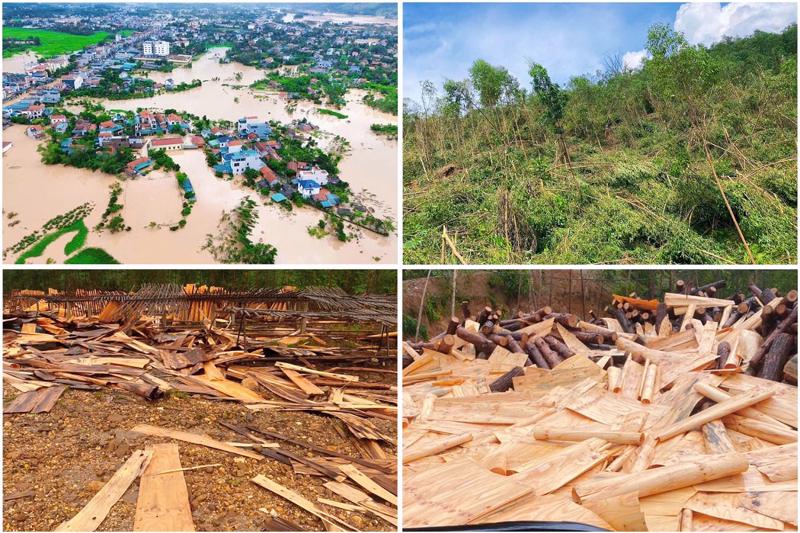




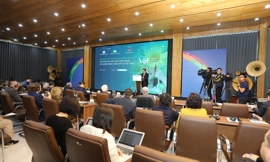
![[Interactive]: Toàn cảnh kinh tế Việt Nam tháng 7/2025](https://media.vneconomy.vn/302x182/images/upload/2025/08/0675413e3e-4a53-4c15-ae1f-e8883264607e.png)
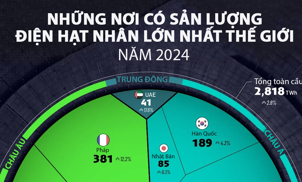
![[Phóng sự ảnh] Những điểm nhấn đặc biệt sẽ xuất hiện tại đại nhạc hội “Tổ quốc trong tim”](https://premedia.vneconomy.vn/files/uploads/2025/08/10/51be9bdd24cf4dfc86a030e2b6e3db11-2906.jpg?w=302&h=182&mode=crop)
